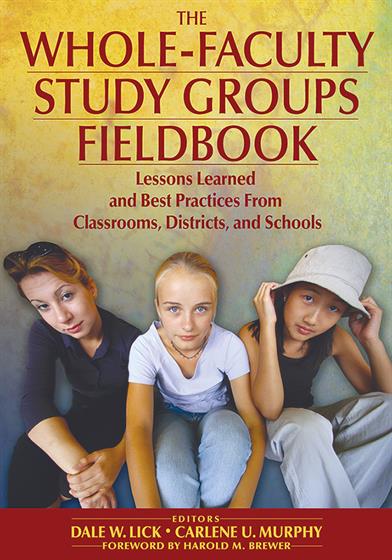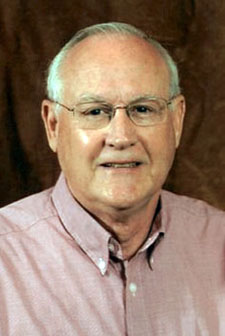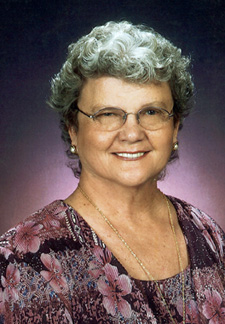
Hands-on, Practical Guidance for Educators
From math,
literacy, equity, multilingual learners, and SEL, to assessment, school counseling,
and education leadership, our books are research-based and authored by experts
on topics most relevant to what educators are facing today.
The Whole-Faculty Study Groups Fieldbook
Foreword by Harold M. Brewer
Master one of today's most successful school reform and school improvement strategies!
The Whole-Faculty Study Group (WFSG) System is a student-centered process for facilitating schoolwide change. This practical guide provides strategies for implementing and sustaining this process in any environment. Each contributor explores a different aspect of WFSGs and supplies examples of successful school reform. Written to complement existing resources or serve as a stand-alone guide, this book will:
- Demonstrate how to apply concepts to a variety of improvement efforts
- Present relevant strategies and activities
- Illustrate how to use suggestions in real-world situations
- Provide helpful tips and lessons learned
- Grade Level: PreK-12
- ISBN: 9781412913256
- Published By: Corwin
- Year: 2006
- Page Count: 328
- Publication date: July 26, 2006
Review Copies
Review copies may be requested by individuals planning to purchase 10 or more copies for a team or considering a book for adoption in a higher ed course. To request a review copy, contact sales@corwin.com.



